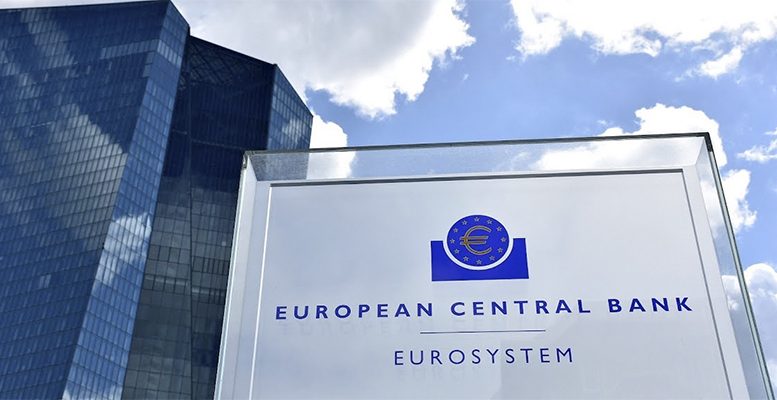On Thursday September 10, the ECB will meet and present its updated macroeconomic table, which will give us a better idea of its expectations regarding the pace of economic recovery (the August PMIs showed signs of weakness after the strong rebound from the April lows recorded in the midst of the Great Confinement). The central bank will also update its view on current and future inflation levels, after the significant rebound in the underlying rate in July. This was subsequently fully corrected in August, however, with data once again showing very contained inflation, a long way off the 2% reference (August underlying CPI +0.4%). And all this in a context where the Fed is willing to tolerate inflation above 2% to obtain this figure as an average, after a period of inflation below this level. We will see what the ECB’s reaction is to this official change (already anticipated) in the inflation target, although the ECB’s strategic review is still underway.
There will be several factors the ECB will have to take into account in its updated macroeconomic table: a) the loss of momentum in the advanced cycle indicators associated with the upturn in contagion, with particular risk for the services sector; b) the euro’s appreciation (+13% from the March lows against the USD) and the potential impact of the European Reconstruction Fund. Notwithstanding, and beyond the update on the economic forecasts, the market is not discounting developments in monetary policy at this week’s meeting. The ECB has already committed to completing its debt purchase programme to address the pandemic (PEPP 1.35 bln eur), while it is still early to assess the adoption of additional monetary stimulus, pending the evolution of the pandemic in the new “school year” and its impact on the pace and intensity of economic recovery.
Even without waiting for new stimulus measures in the short term (the market is betting on an extension of the PEPP in December with an additional 250/500 bln eur), analysts at Renta 4 do expect the ECB to maintain its dovish bias current week. Furthermore, they do not rule out some “verbal intervention” by Lagarde to curb the euro’s rapid and intense appreciation.





